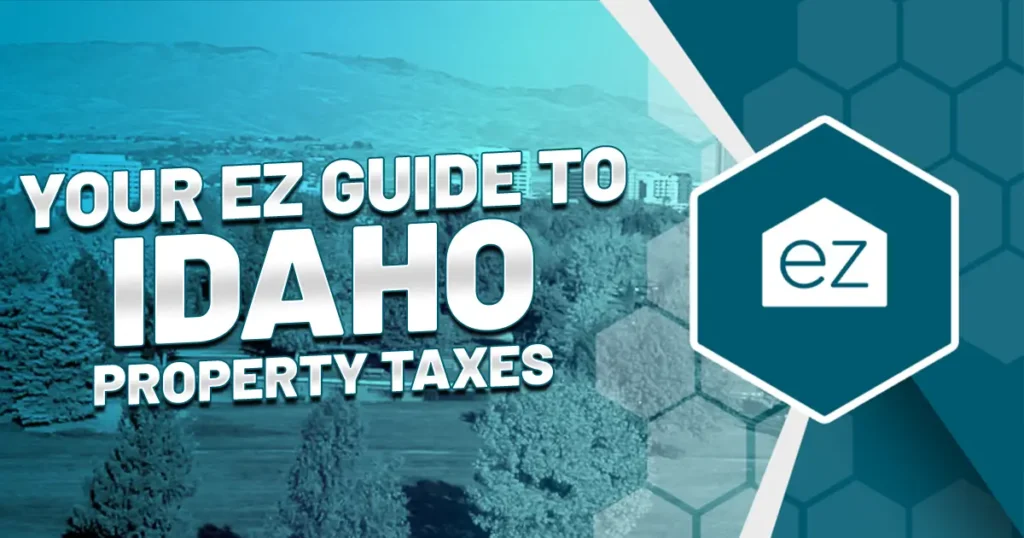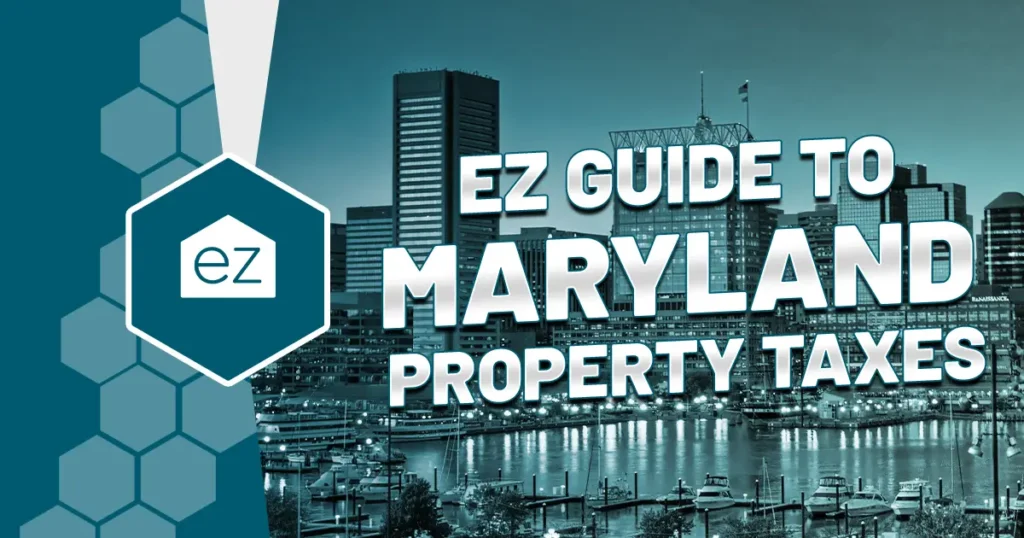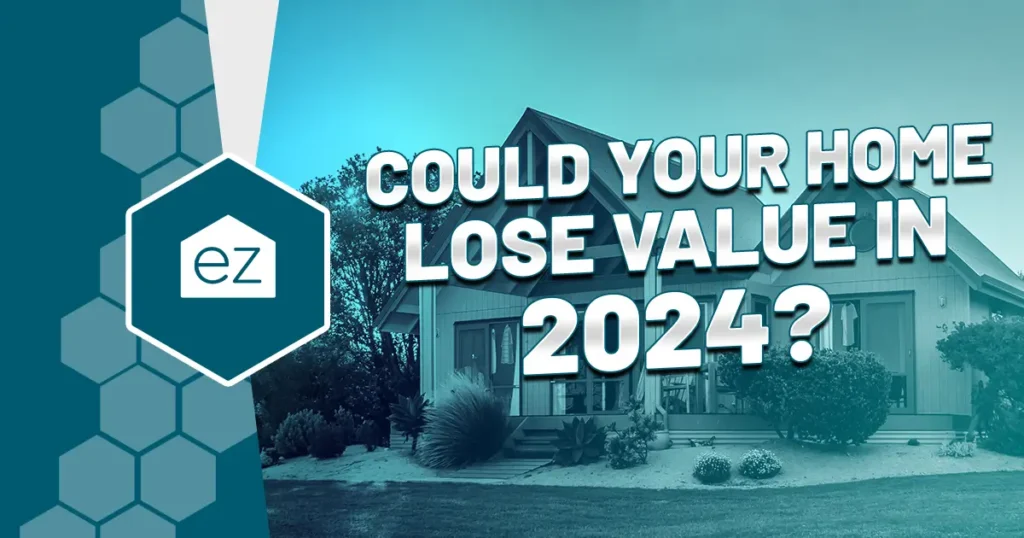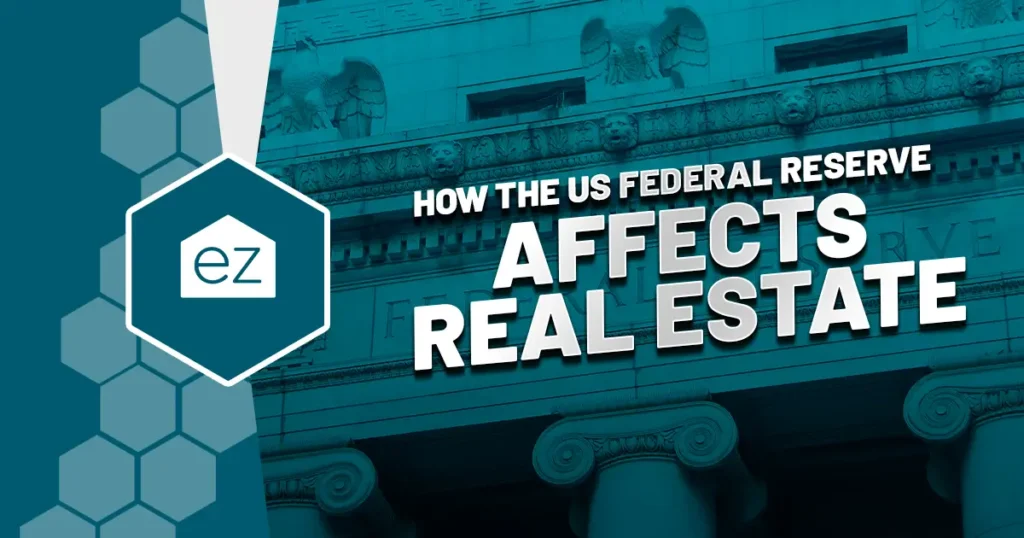Does Your Home Transaction Have “Junk Fees” In It?
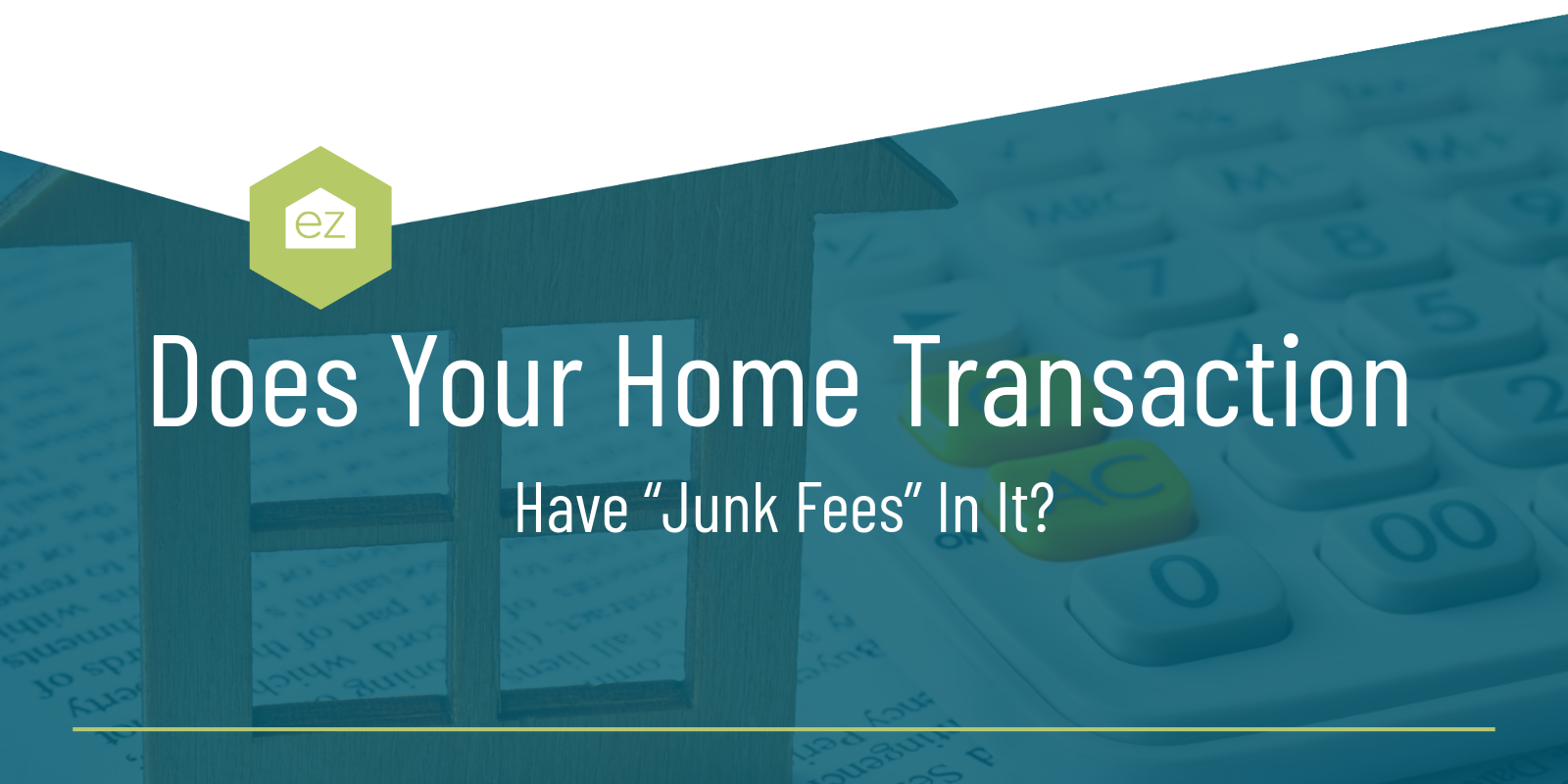
Does Your Home Transaction Have “Junk Fees” In It?
It’s already expensive to buy a home. Mortgage rates as of mid-May 2023 were averaging 6.89% on 30-year, fixed-rate mortgages, according to CNet. Given that home affordability is negatively affected by high inflation, there isn’t much wiggle room for the average homeowner to stretch their budget these days.
That’s why the possibility of “junk fees” within a home transaction should have all prospective home buyers sitting up. According to Business Insider, those fees can sometimes add up to the tune of $1,000. This potentially takes advantage of people who already have their checkbooks out for mortgage loans and just want to see the deal close. After all, what’s another several hundred dollars when several hundred thousand dollars may be on the line?
But you don’t have to settle for paying more unnecessarily. Here is what you need to know about junk fees and how to spot them:
What are junk fees?
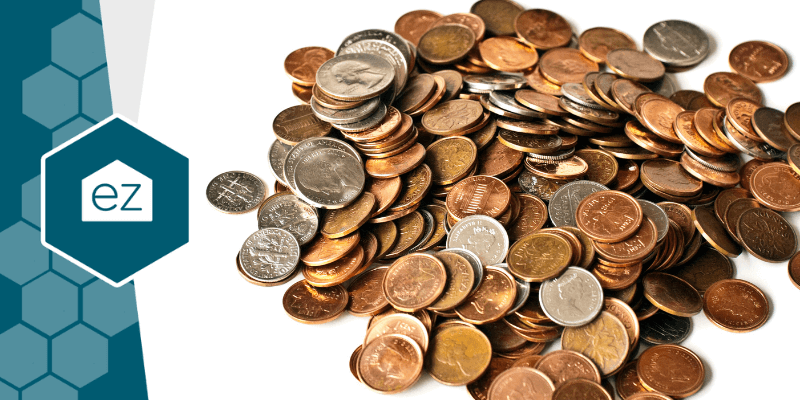
“Junk fees” are charges associated with a mortgage that has little to do with its closing costs or essential financial products. It will help to know which closing costs are necessary and typical for getting a mortgage closed.
One report found closing costs on a mortgage can be as much as 2-6% of the total value of the property being sold, which is no small chunk of change. For a $350,000 mortgage, 6% is $21,000. The figure’s closing costs go to appraisal fees, discount points (paying upfront to lower the cost of the loan), escrow account funds, flood determination/monitoring fees, and mortgage insurance.
With so many fees and costs being thrown into the closing process, how do you know which is a legitimate cost, like a home inspection, and which is “junk” like an “administration fee?”
How to Spot Junk Fees
Given how subtle some of these fees can be, how is it possible to spot them all? Many fees might be disguised as otherwise normal charges, such as late fees.
According to Investopedia, it’s all about knowing what people typically expect to pay as closing costs. The Consumer Financial Protection Bureau (CFPB) reiterated that excessive late fees, unnecessary inspections, and PMI premiums when the buyers didn’t owe them are all typical ways institutions charge junk fees.
But another one worth mentioning is “fees during financial hardship.” For example, the failure to waive a late fee for a buyer who needs to mitigate their losses on a home transaction can go against the grain and possibly be unlawful. Investopedia mentions that if the mortgage was under forbearance under the CARES Act, late fees during this period should have been waived. Failure to do so can turn an otherwise legitimate fee into a “junk” fee in a hurry.

Other possible signs of junk fees in your closing cost transaction could be:
- document preparation fee
- application fee
- verification of employment fee
- sign-up fee
- translation fee
- automated underwriting fee
When “Junk Fees” Are Against the Law
Home buyers, especially first-time home buyers, typically work through a mortgage and real estate agent because they don’t know everything about securing a mortgage. This puts them in a vulnerable position. With all of the closing costs accruing during a home purchase, it may be tempting for the home buyer to sign off on any fees that come their way to keep the process moving, even if they don’t always make sense.
But in some cases, these extra fees may be illegal. A recent report by the Consumer Financial Protection Bureau noted that unlawful “junk fees” may come in the following forms:
- Late fees, not when late fees are legitimate, but when the amounts of the late fees are excessive and not in keeping with the spirit of the agreement.
- Property inspection visits that aren’t necessary to the process. However, it’s worth noting that some inspections are necessary to ensure that the buyer knows what they’re getting into before buying the home.
- PMI charges. This is a particularly sneaky one because private mortgage insurance (PMI) is typically an expense that the home buyer is either anticipating or expects to be waived based on their loan-to-value ratio.
How to Avoid Junk Fees

The first step to better understanding junk fees is to get a sense of the closing costs typically associated with a new home purchase. When you understand how down payments, escrow fees, and home inspections usually work, you’re less likely to be caught off-guard when you see them as part of a transaction. And you may be more willing to ask questions when other fees, possibly “junk fees,” show up in the required closing disclosure.
Next, be aware of where they most often appear. Areas like PMI premiums that haven’t been refunded or inordinate late fees are some of the more common methods.
You may also see fees on your transaction that stand out as strange or vague. In this case, it’s a good idea to ask the assessor for more information about the fee and consult an expert opinion. Are they really part of a usual home-buying transaction, or are they something new?
Home buyers everywhere should be cautious about the possibility of having to pay “junk fees” when purchasing a home. Taking control of one’s money is undoubtedly the best way to build wealth for both current and future generations, and junk fees have no place in that equation!
Start Your Home Search
Preston Guyton
Share this Post
Related Articles
Real Estate Information
Your EZ Guide to Idaho Property Taxes
Real Estate Information
EZ Guide to Maryland Property Taxes
Real Estate Information
Could Your Home Lose Value in 2024?
Real Estate Information
